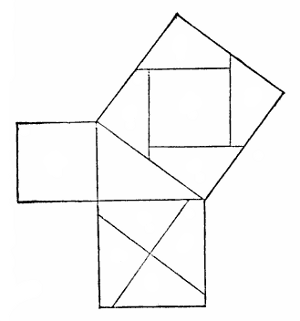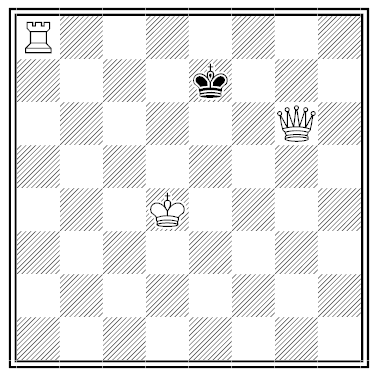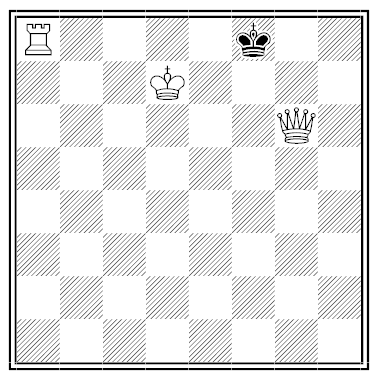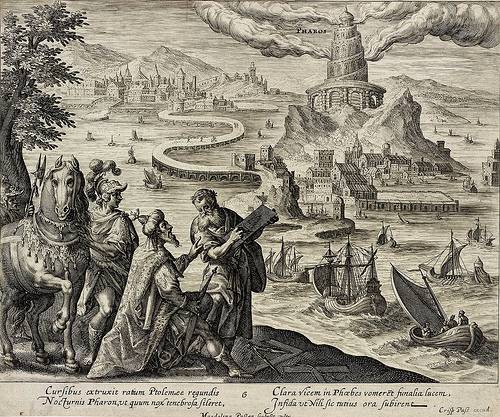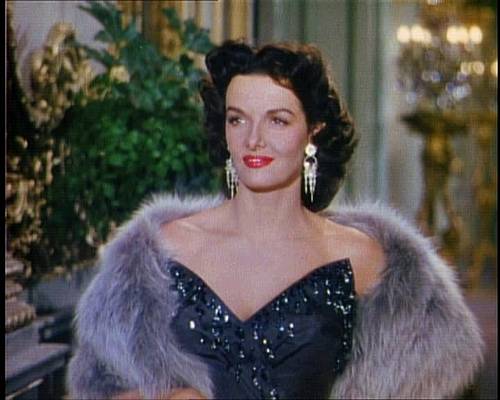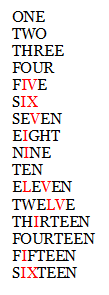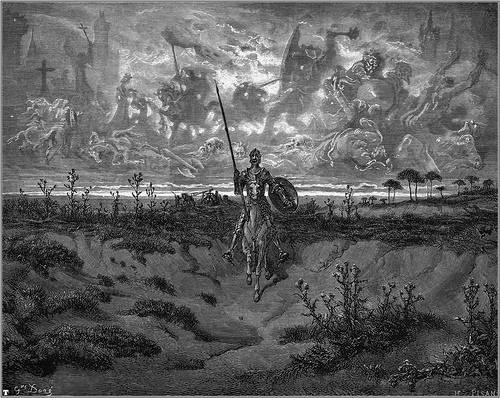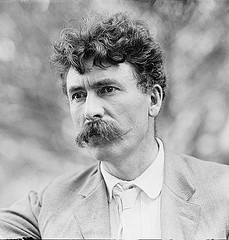
Ernest Thompson Seton (1860-1946) loved nature and loved God — so in a 1907 book he tried to prove that animals follow the 10 commandments:
- Thou shalt not steal: “A stick found in the woods is the property of the Rook that discovers it, and doubly his when he has labored to bring it to his nest. This is recognized law.”
- Thou shalt not kill: “New born Rattlesnakes will strike instantly at a stranger of any other species, but never at one of their own.”
- Honor thy father and mother: “A Hen sets out with her Chickens a-foraging; one loiters, does not hasten up at her ‘cluck cluck’ of invitation and command; consequently he gets lost and dies.”
- Thou shalt not commit adultery: “The promiscuous animals to-day–the Northwestern Rabbit and the Voles–are high in the scale of fecundity, low in the scale of general development, and are periodically scourged by epidemic plagues.”
- Thou shalt not bear false witness: “Oftentimes a very young Hound will jump at a conclusion, think, or hope, he has the trail, then allowing his enthusiasm to carry him away, give the first tongue, shouting in Hound language, ‘Trail!’ The other Hounds run to this, but if a careful examination shows that he was wrong, the announcer suffers in the opinion of the pack, and after a few such blunders, that individual is entirely discredited.”
- Thou shalt not covet: “A Hen had made a nest in a certain place, and was already sitting. Later another Hen, desiring the same nest, took possession several times during the owner’s brief absence, adding some of her own eggs, and endeavoring to sit. The result was a state of war, and the eggs of both Hens were destroyed.”
Actually, he runs out of gas here — Seton was unable to convince even himself that animals avoid making graven images, swearing, or working on Sunday. So he concludes The Natural History of the Ten Commandments by deciding that “Man is concerned with all” the commandments, “the animals only with the last six.”

